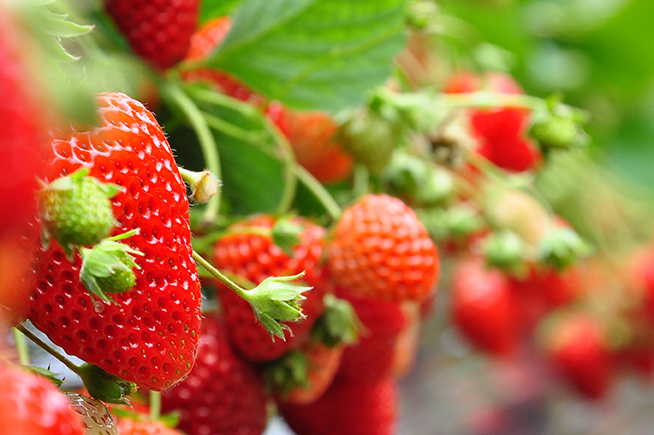Struggle Is Real as Mexican Exports Continue to Flood U.S. Markets
As we cross the halfway point of 2021, it is no surprise to see increased import figures of fruits and vegetables coming into the U.S. market from Mexico.
According to data collected by the Agricultural Markets Consultant Group, in the first four months of 2021, Mexican fruit and vegetable exports into the U.S. grew by 13.3% in volume. The value of those exports was up by 13.5% compared to the same time period from the previous year.
Crops that are important to Florida growers saw volume increases. Strawberries were up 16.3%. Green tomatoes were up 15.7%. Red tomatoes increased by 14.3%. Strawberries, grapefruit, avocados, tomatoes, and watermelon also saw gains in the value of Mexico exports into the U.S.
Florida’s tomato industry felt the impact from the surge on its markets, especially later in the season. According to Michael Schadler, Executive Vice President of the Florida Tomato Exchange, the new suspension trade agreement with Mexico didn’t perform up to par this past season to protect Florida and other domestic growers. See page 19 for more on that subject.
Florida blueberry growers have felt market pressure from Mexico in recent years. Fortunately, growers had solid production and a good market until late in the season. From February through May, Mexico moved more than 90 million pounds of blueberries into the U.S. Florida produced just shy of 22 million pounds this year.
The North American Blueberry Council (NABC) will be looking at how foreign fruit and growing domestic production are impacting markets. The council has established a United Blueberry Task Force to address the challenge.
“As a Florida representative on the NABC’s United Blueberry Task Force, we’re looking at the road ahead, the issues, and what changes need to be made to improve the circumstances we’re facing today,” says Brittany Lee, a grower and Executive Director of the Florida Blueberry Growers Association. “We are early in the process and discussions, but I’m hopeful and encouraged by what I’ve seen and heard so far.”
Earlier in the year, Florida and Southeastern growers lost a case in a Section 201 Investigation by the U.S. Department of Commerce that Mexican blueberries were harming domestic growers. Had they won, the Biden administration could have imposed protections for the domestic industry.
If the COVID-19 pandemic has taught us anything, it should be that our nation’s policy should be to protect domestic agriculture to avoid becoming dependent on foreign sources for our food supply. These early export figures and other evidence suggests that lesson has not been learned.
An environment is being created where only the largest farms can weather market disruptions. We all hate to see smaller- to medium-sized farms go out of business or get swallowed up by consolidation, but that is what’s happening.
There’s been a lot of buzz about the environment and sustainability recently, and it is mostly well intentioned. But the starting point must be a grower getting a price for the crops he or she grows that sustains a profitable business. Mexican exports of fruits and vegetables into the U.S. are a major obstacle working against that goal.










